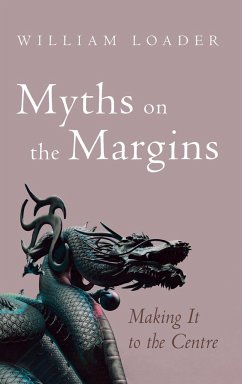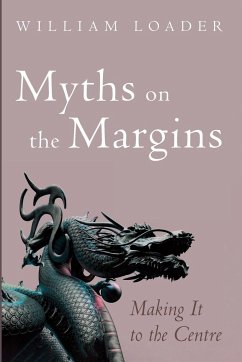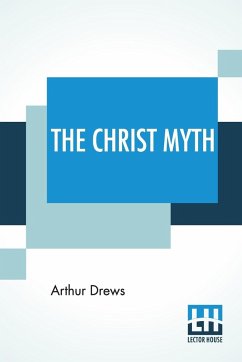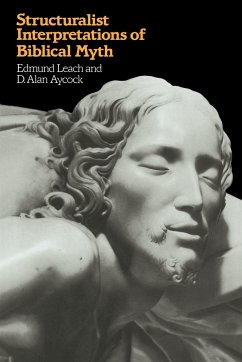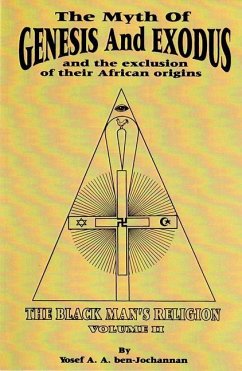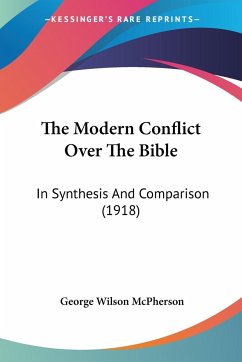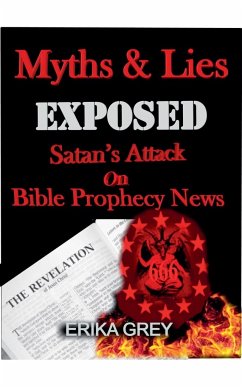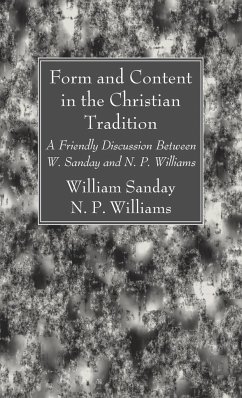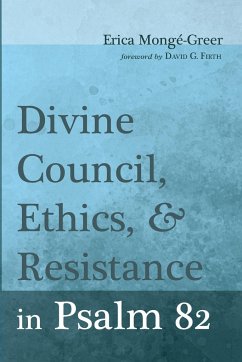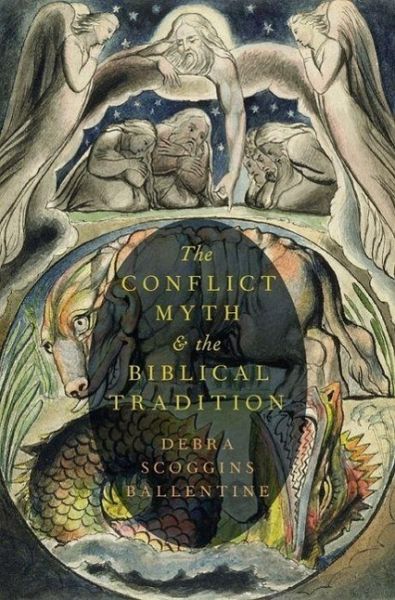
Conflict Myth and the Biblical Tradition

PAYBACK Punkte
64 °P sammeln!
There are many ancient West Asian stories that narrate the victory of a warrior deity over an enemy, typically a sea-god or sea dragon, and his rise to divine kingship. In The Conflict Myth and the Biblical Tradition, Debra Scoggins Ballentine analyzes this motif, arguing that it was used within ancient political and socio-religious discourses to bolster particular divine hierarchies, kings, institutions, and groups, as well as to attack others. Situating her study of the conflict topos within contemporary theorizations of myth by Bruce Lincoln, Russell McCutcheon, and Jonathan Z. Smith, Balle...
There are many ancient West Asian stories that narrate the victory of a warrior deity over an enemy, typically a sea-god or sea dragon, and his rise to divine kingship. In The Conflict Myth and the Biblical Tradition, Debra Scoggins Ballentine analyzes this motif, arguing that it was used within ancient political and socio-religious discourses to bolster particular divine hierarchies, kings, institutions, and groups, as well as to attack others. Situating her study of the conflict topos within contemporary theorizations of myth by Bruce Lincoln, Russell McCutcheon, and Jonathan Z. Smith, Ballentine examines narratives of divine combat and instances of this conflict motif. Her study cuts across traditional disciplinary boundaries as well as constructed time periods, focusing not only on the Hebrew Bible but also incorporating Mesopotamian, early Jewish, early Christian, and rabbinic texts, spanning a period of almost three millennia - from the eighteenth century BCE to the early middle ages CE. The Conflict Myth and the Biblical Tradition advances our understanding of the conflict topos in ancient west Asian and early Jewish and Christian literatures and of how mythological and religious ideas are used both to validate and render normative particular ideologies and socio-political arrangements, and to delegitimize and invalidate others.




